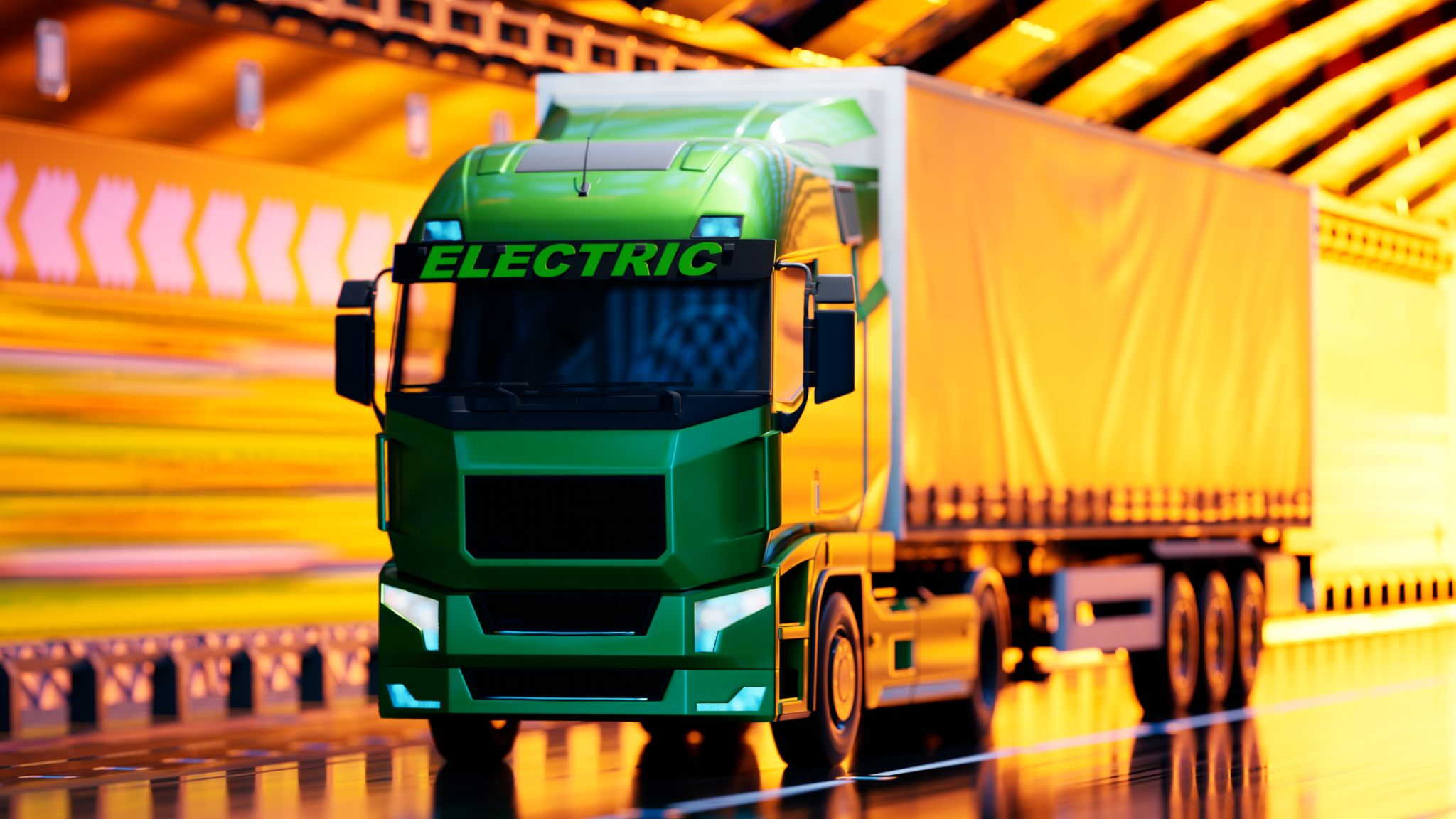Top 5 Trends Shaping the Future of Trucking in Canada
Embracing Technological Advancements
The trucking industry in Canada is undergoing a significant transformation, driven by groundbreaking technological advancements. From autonomous vehicles to telematics, these innovations are set to redefine how goods are transported across the country. One of the most promising developments is the emergence of autonomous trucks. These self-driving vehicles are poised to revolutionize the logistics sector by enhancing efficiency and reducing human error.
Telematics systems are also playing a crucial role in shaping the future of trucking. By providing real-time data on vehicle location, fuel consumption, and driver behavior, telematics helps fleet managers optimize operations and improve safety. The integration of these technologies is expected to lead to a more streamlined and cost-effective trucking industry.

Focus on Environmental Sustainability
As climate change becomes a pressing concern, the trucking industry in Canada is increasingly focusing on environmental sustainability. There is a growing demand for eco-friendly practices, including the adoption of electric trucks and alternative fuels. Electric trucks offer a promising solution to reduce greenhouse gas emissions and minimize the carbon footprint of transportation.
In addition to electric vehicles, alternative fuels such as biodiesel and natural gas are gaining traction. These sustainable fuels not only reduce emissions but also offer cost savings over traditional diesel. By embracing these green technologies, the trucking industry is taking significant steps towards a more sustainable future.

Enhancing Driver Safety and Well-being
Ensuring the safety and well-being of truck drivers is a top priority for the Canadian trucking industry. With the implementation of advanced safety features such as collision avoidance systems and lane departure warnings, the risk of accidents can be significantly reduced. These technologies not only protect drivers but also contribute to safer roads for everyone.
Furthermore, there is an increasing emphasis on improving the overall well-being of truck drivers. Initiatives such as better working conditions, flexible schedules, and wellness programs are being introduced to enhance job satisfaction and reduce driver turnover. By prioritizing driver welfare, the industry aims to build a more stable and motivated workforce.

Adapting to Regulatory Changes
The trucking industry in Canada is continuously adapting to new regulatory changes that impact operations. Recent updates in regulations around driver hours, emissions standards, and cross-border transportation require companies to stay informed and compliant. These changes aim to promote safety, environmental responsibility, and fair competition within the industry.
Staying ahead of regulatory changes requires proactive measures such as investing in compliance technology and regular training for drivers and staff. By doing so, trucking companies can ensure they remain competitive while adhering to the latest industry standards.
Leveraging Big Data Analytics
Big data analytics is becoming an indispensable tool for the trucking industry in Canada. By harnessing vast amounts of data collected from various sources, companies can gain valuable insights into their operations. This data-driven approach enables better decision-making, optimized routes, and improved fuel efficiency.
Moreover, big data analytics can enhance customer service by providing accurate delivery estimates and tracking information. By leveraging these analytical capabilities, trucking companies can improve operational efficiency and customer satisfaction, positioning themselves for success in a rapidly evolving market.
